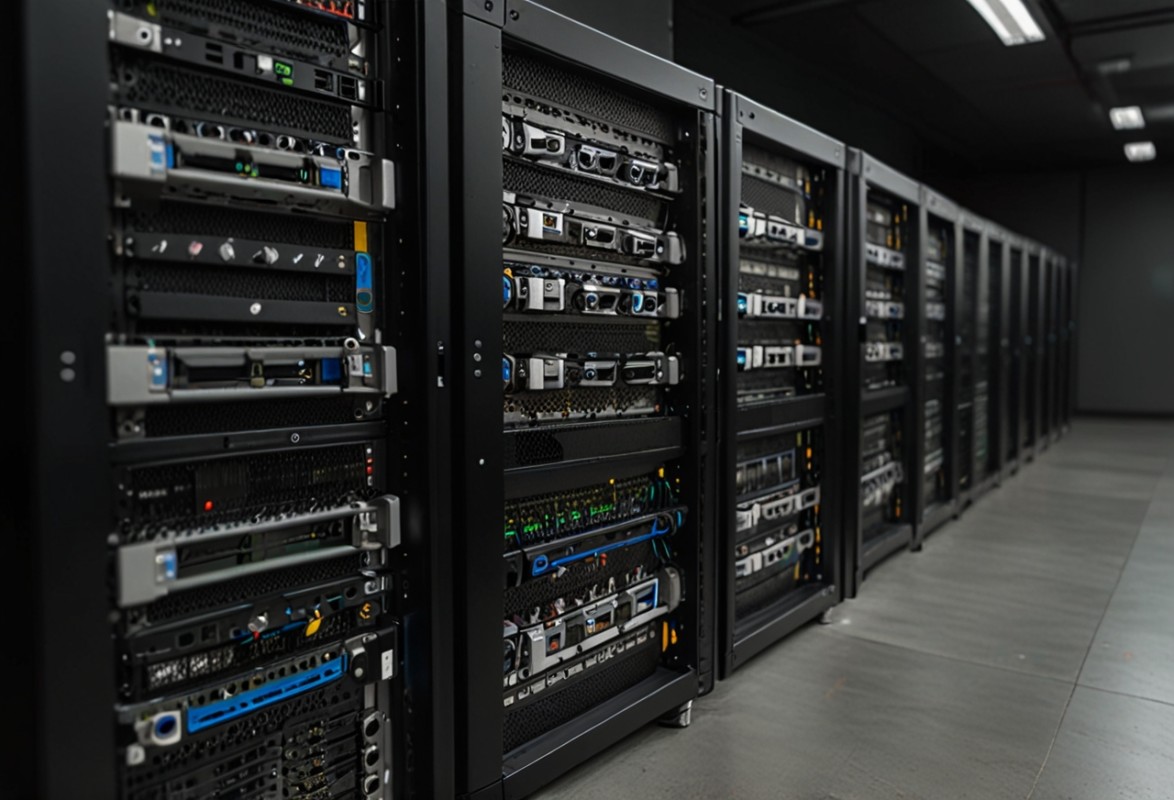Why Institutional Bitcoin Investors Need the Optimal Network


As Bitcoin becomes increasingly integrated into the economy, investors are recognizing the importance of scalability. Bitcoin investors are particularly interested in this digital asset’s potential to transform the workings of large institutions, as well as retailers and personal finance. From finance to technology sectors, Bitcoin is a new frontier that is poised to transform the way finance moves. Before supporting Bitcoin at scale, there are important considerations institutional investors should take into account regarding the network infrastructure. Learn how to prepare with the following insights that allow for security, speed, scalability, and efficiency in institutional Bitcoin transactions.
Why Institutional Bitcoin Investors Need the Optimal Network
The rise of Bitcoin parallels the early Internet era. The speed at which society is adopting Bitcoin requires efficient and effective upgrades to the network infrastructure. Financial security is paramount, and data transfer speeds are paramount to effectively integrating Bitcoin into large institutions. Optimal network performance provides Bitcoin institutional investors with the following benefits:
- Improved transaction speed;
- enhanced security;
- more sustainable energy use;
- Ability to accommodate large-scale Bitcoin operations.
Upgrading your network infrastructure is a strategic necessity as you look to move into the larger Bitcoin space. The Bitcoin market is unique in its volatility, and a fast and stable network connection is essential to keep up. Bitcoin can significantly diversify institutional investment portfolios, but to do so on a larger or global scale, you need to be aware of the requirements.
network stability
As an institutional investor, you are likely already working with an established network. Large companies usually have their own servers to keep their networks stable and always operational. This is important for our operations to run smoothly, and this includes investing in Bitcoin.
Blockchain infrastructure requires a certain level of network stability due to the large amount of transaction data stored across multiple databases on a distributed ledger. Bitcoin uses blockchain technology to make it nearly impossible for data to be hacked or compromised. To ensure that your network is stable enough to transmit data between nodes, you need:
- Scalable blockchain software like IBM Blockchain
- Reliable internal or external servers such as Canton Network
- Sufficient hardware such as a powerful graphics card and CPU
- Stable and fast internet connection.
It’s likely that multiple devices will be communicating with each other over your network at the same time, so having reliable business internet is essential. Bandwidth must be able to accommodate the large amounts of data being transmitted and stored on internal and external servers at all times.
Keep an eye on your performance metrics
When choosing an Internet Service Provider (ISP), hardware, and software package for your institutional Bitcoin investment, check for key performance metrics such as packet loss and jitter. Packet loss is when some of the transmitted data does not reach the receiving end. Splitting large amounts of data into pieces or packets makes it easier to transmit over a network. However, if your hardware is lacking, your software is buggy, or your ISP network is clogged, some of these packets may be lost or corrupted.
You may experience jitter or delayed processing of some packets. When it comes to investing in Bitcoin, this is a deal breaker. You need a stable, reliable network that doesn’t crash. You can solve this problem by upgrading your hardware, hosting your network on-site, or working with a strong ISP that produces less packet loss and jitter.
energy consumption
Institutional Bitcoin is not only burdensome in terms of data load, but is also energy-intensive. Consumers are increasingly keen on companies’ commitment to sustainability, so finding alternative energy sources for Bitcoin mining and investing could be a strategic move. Using energy-saving moves like solar power can help you:
- Lower energy costs and greater profits;
- You will have continuous access to abundant power without any disruption to your Bitcoin investment.
- Independence from the main energy grid makes you self-sufficient and gives you an edge over the competition.
The potential for solar power to revolutionize Bitcoin mining and trading is clear. It is now being optimized to utilize more photovoltaic power with less solar waste. Once these issues are resolved, using solar power for Bitcoin transactions will be the best way to reduce carbon emissions and reduce dependence on the energy grid. This can provide institutions with the resilience and stability needed to foster the long-term viability of Bitcoin.
Cloud-based solution
If you are interested in partnering with an external network solution for institutional Bitcoin investing, research the company thoroughly. Cloud-based solutions are less energy-intensive and less expensive than setting up your own secure network on-premises. However, for a Bitcoin investment to be safe and scalable, it must be just as secure. For example, Google Cloud and Volt have partnered to create a global lighting network solution. This means we are providing an affordable cloud-based service that is scalable and allows data to be transferred globally. Solutions like this set the standard for reputable cloud-based Bitcoin transfers.
Emphasis on speed, security, and scalability
A reliable network must also be a fast network. When it comes to high-traffic internet speeds, your ISP must meet your expectations. Working with a secure partner or hosting servers on-site is the best way to keep your institution’s Bitcoin investment transactions secure. Large investments require a level of scalability that the Bitcoin industry is only just beginning to experience. Research all third-party organizations you work with and regularly check their hardware and software requirements. This will make institutional Bitcoin investment easier as we move into the future of finance.
This is a guest post by Miles Oliver. The opinions expressed are solely personal and do not necessarily reflect the opinions of BTC Inc or Bitcoin Magazine.



